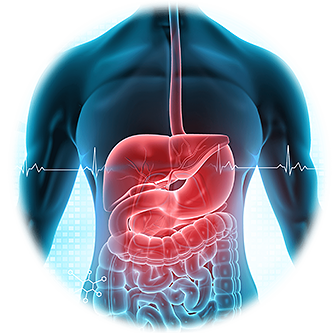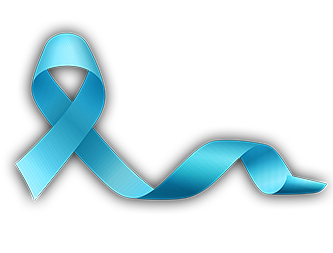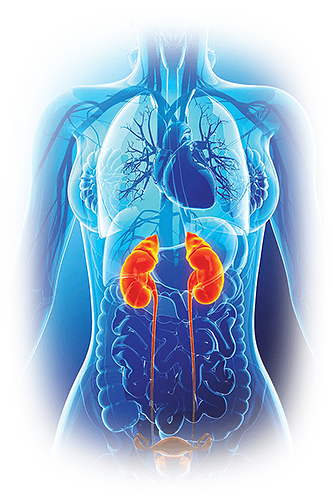Login
For Clinician Providers
For Clinician Providers
For Patients
Urinary Tract Infection (UTI) Panel
What is UTI?
Urinary Tract Infection (UTI) is the general term for an infection occurring anywhere in the urinary system. Most UTIs involve the bladder and the urethra, but some can also involve the ureters and even the kidneys.
It is quite common for UTIs to be misdiagnosed, and this places an extreme and unnecessary burden on the healthcare system and the healthcare economy. Over 150 million people worldwide will experience UTIs annually, with females four times more likely to get them than males. In fact, at least half of all women will get a UTI during their lifetime, and a third of these occur before the age of 24. A compounding factor is that approximately 25% of all patients will experience a reoccurrence within six months, in some cases developing a chronic form of urinary infection.
Children are also prone to UTIs, with one in 10 girls and one in 30 boys developing the infections before the age of 16. Chronic UTI (cUTI) is a largely misunderstood form of the disease that is particularly di cult to diagnose and treat under current guidelines. Chronic UTI is especially prevalent among elderly women, for whom it is not only painful and debilitating, but can also be life-threatening.
Data shows that UTIs are increasing due to multidrug-resistant pathogens that are spreading globally from the over-prescription and widespread use of broad-spectrum antibiotic therapy instead of a more controlled approach which would match the optimal antibiotics to specific pathogens. Ironically, it can be said that the very treatment of UTIs with broad-spectrum antibiotics has itself become a major contributing factor to its global spread.
Molecular UTI Panel by ACCU Reference offers an extremely fast turnaround time and far more sensitive identification of bacterial species than all other testing methods, which allows for diagnoses and treatment that are narrowly matched to appropriate antibiotic choices.
The ACCU Reference Urinary Tract Infection Molecular Test Panel simultaneously identifies, from a single specimen, 17 pathogens (gram positive, gram negative and fungi) that are most commonly associated with UTIs.
ABOUT CHRONIC UTI
Chronic Urinary Tract Infection (UTI) is a largely under-diagnosed condition that a ects a significant percentage of the population. The majority of those living with an undiagnosed and untreated cUTI are women.
Anyone can develop cUTI, and researchers suggest that the most significant risk factor for an cUTI is having been diagnosed with a UTI previously. Between 20–30 percent of all patients treated for an acute UTI are not fully cured and go on to develop a complicated, embedded infection which is extremely di cult to diagnose and treat.
When patients experience UTI symptoms but their tests say otherwise, there is a good reason to question those tests. Since the 1980s, peer-reviewed research has shown that MSU cultures (used by labs to diagnose UTIs) miss at least 50 percent of the infections for which they test. Urinary dipsticks (commonly used in the clinic or doctor’s o ce to screen samples) are even less e ective and have been known for at least a decade to be completely unreliable in ruling out infections.
URINARY DIPSTICK TEST
Today, dipsticks are often the first diagnostic tool GPs use to confirm an infection. These tests look for signs of infection, such as white blood cells (leucocytes or pus cells), blood, pH levels and nitrites. Although they are useful in confirming a clearly positive diagnosis, studies in the early 1990s concluded that they are highly insensitive and unreliable at excluding infection in most clinical settings. About a decade later, another team of researchers comprehensively studied the reliability of urinary dipsticks and determined that these first-line screening tests were not up to the job of excluding significant UTIs. It found dipsticks identified white blood cells just 55 percent of the time, and nitrites (another positive indicator of infection) only 10 percent of the time. A negative result o ers no useful information in ruling out a UTI.
Given the proven shortcomings of urinary dipsticks, physicians should be extremely cautious when relying on this test to rule out a UTI.
MID-STREAM URINE CULTURES
MID-STREAM URINE CULTURES (MSU) cultures are considered the gold standard for diagnosing UTI and have been in use since the late 1950s. For over 30 years, researchers have warned of serious deficiencies that lead to these tests missing at least 50 percent of infections. Studies have been repeated and calls for the abandonment of MSU culturing have been heard repeatedly, but these warnings have been ignored, and MSU culturing remains the main diagnostic tool for UTIs around the world.
PANEL DETAILS
TEST ORDERING CODE 6300
METHODOLOGY Real-Time Polymerase Chain Reaction (PCR).
SPECIMEN REQUIREMENT Clean catch urine specimen
MINIMUM VOLUME 1.0 ml
TEMPERATURE Refrigerated 7 days
STABILITY Room temperature 24 hours
TURNAROUND TIME 1 business day. Susceptibility will follow.
NOTES:
Proper sample collection is critically important for test accuracy. The patient should not have urinated for at least an hour before the urine specimen is collected. Send urine in a sterile container to Accu Reference Medical Lab.
CLINICAL BENEFITS
- Same day results
- Identifies bacteria regardless of recent antibiotic use
- Identifies difficult to culture pathogens
- Offers simplicity and convenience of single specimen collection
- Yields > 95% analytical sensitivity and specificity
- Identifies of 17 pathogens from a single specimen
INDICATIONS FROM MOLECULAR UTI PANEL
- Recurring UTIs
- Interstitial cystitis
- Pyelonephritis
- Pregnancy
- Over 50 years of age
- Chronic pain care patients
- Immunocompromised patients
How to get Urinary Tract Infection (UTI) Molecular Test Panel
Register your contact details and set up an account with us.



